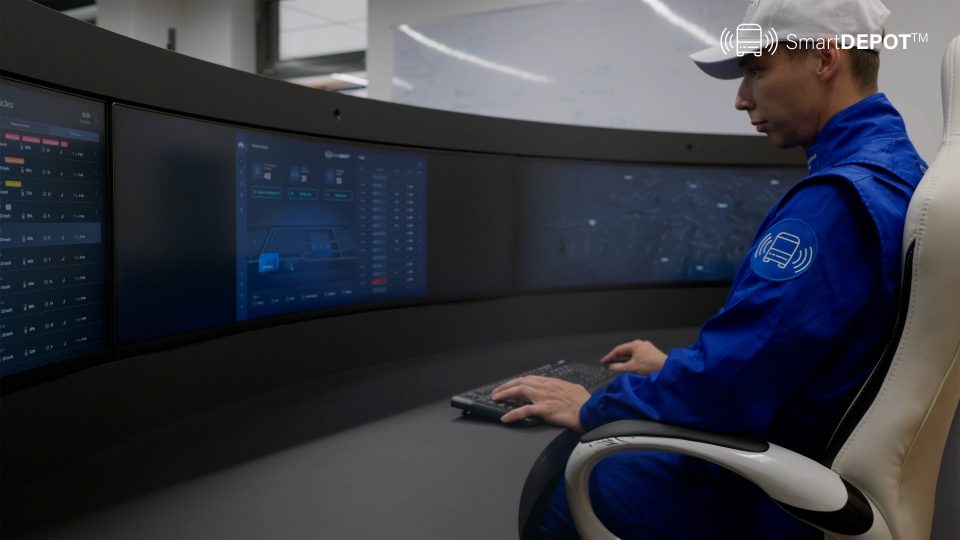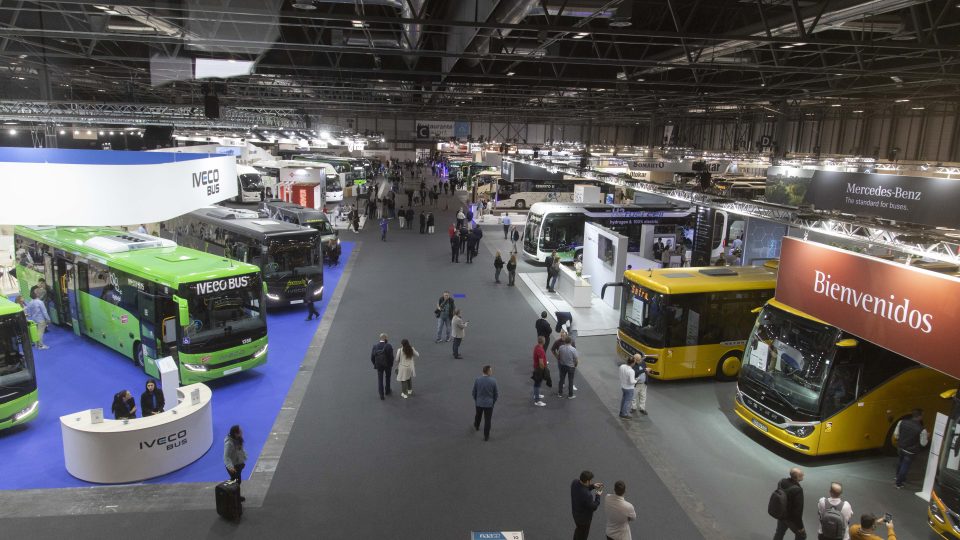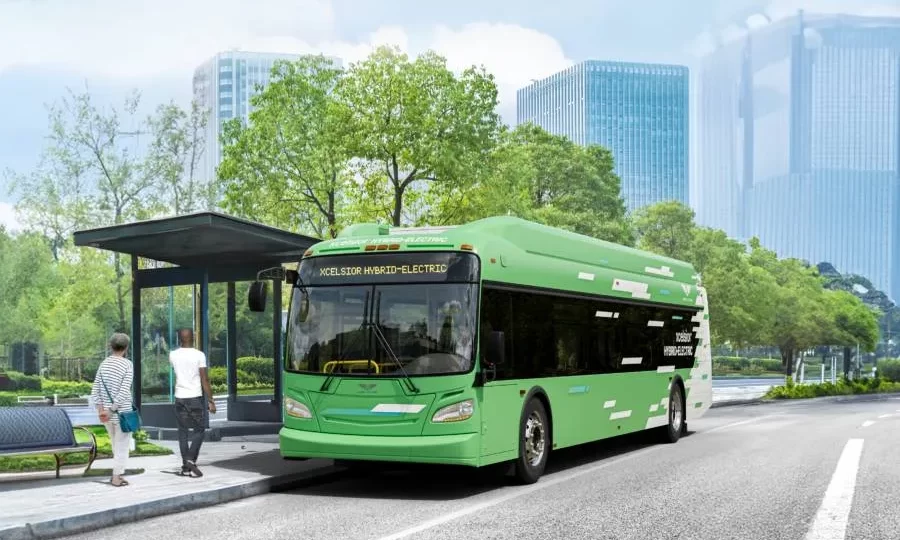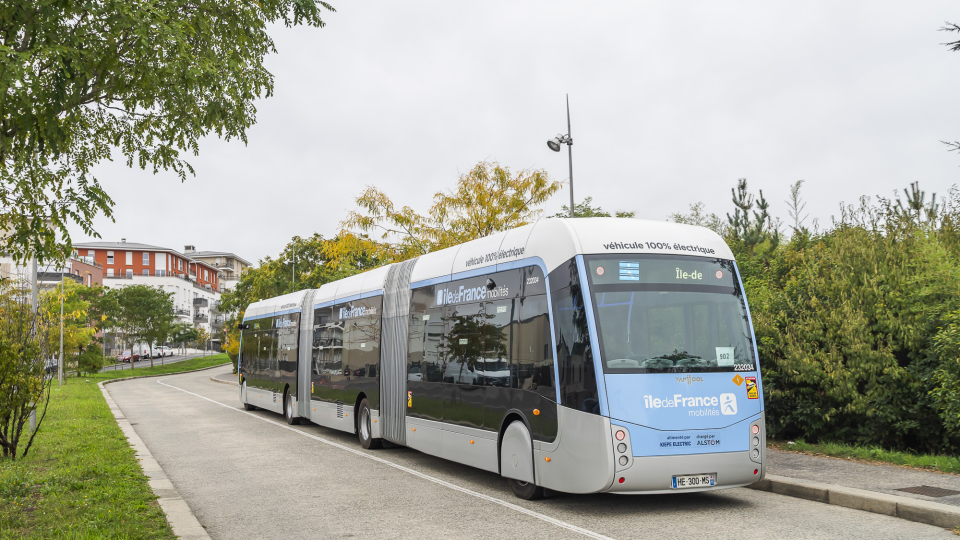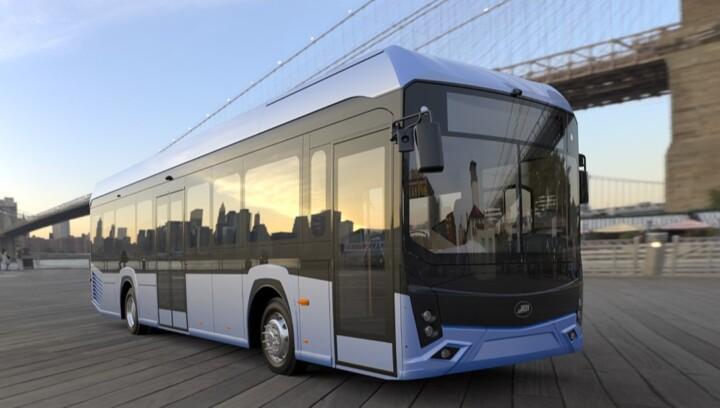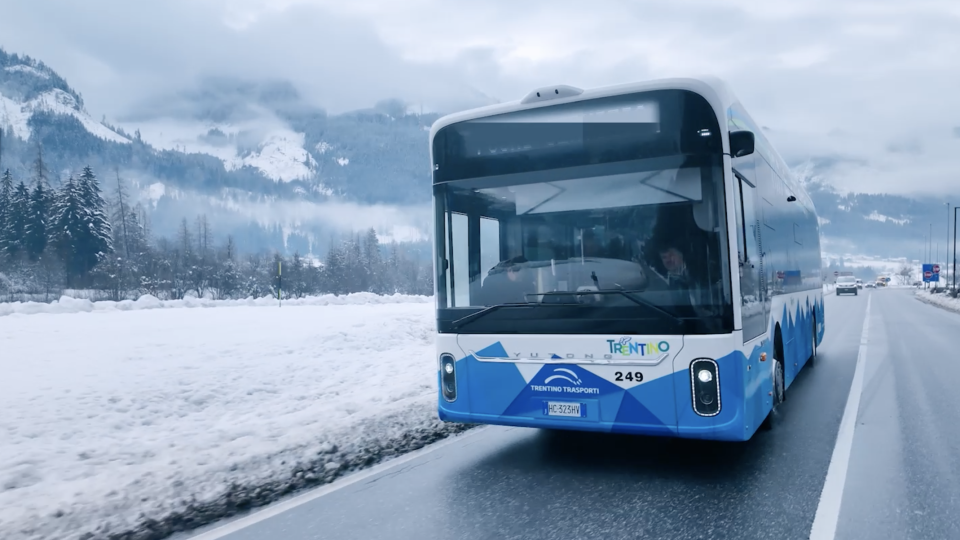Brazil, Volvo will deliver 24-meter e-buses to Goiânia’s BRT. They’ll be produced in Curitiba
Brazilian city of Goiânia will be handed over the first Volvo electric bi-articulated bus based on chassis BZRT. As a result of a deal between Volvo Buses and GreenMob Capital, an investment company of the HP Group, specialized in structuring capital-intensive projects associated with the urban mobility sector, a fleet of 21 vehicles will be […]
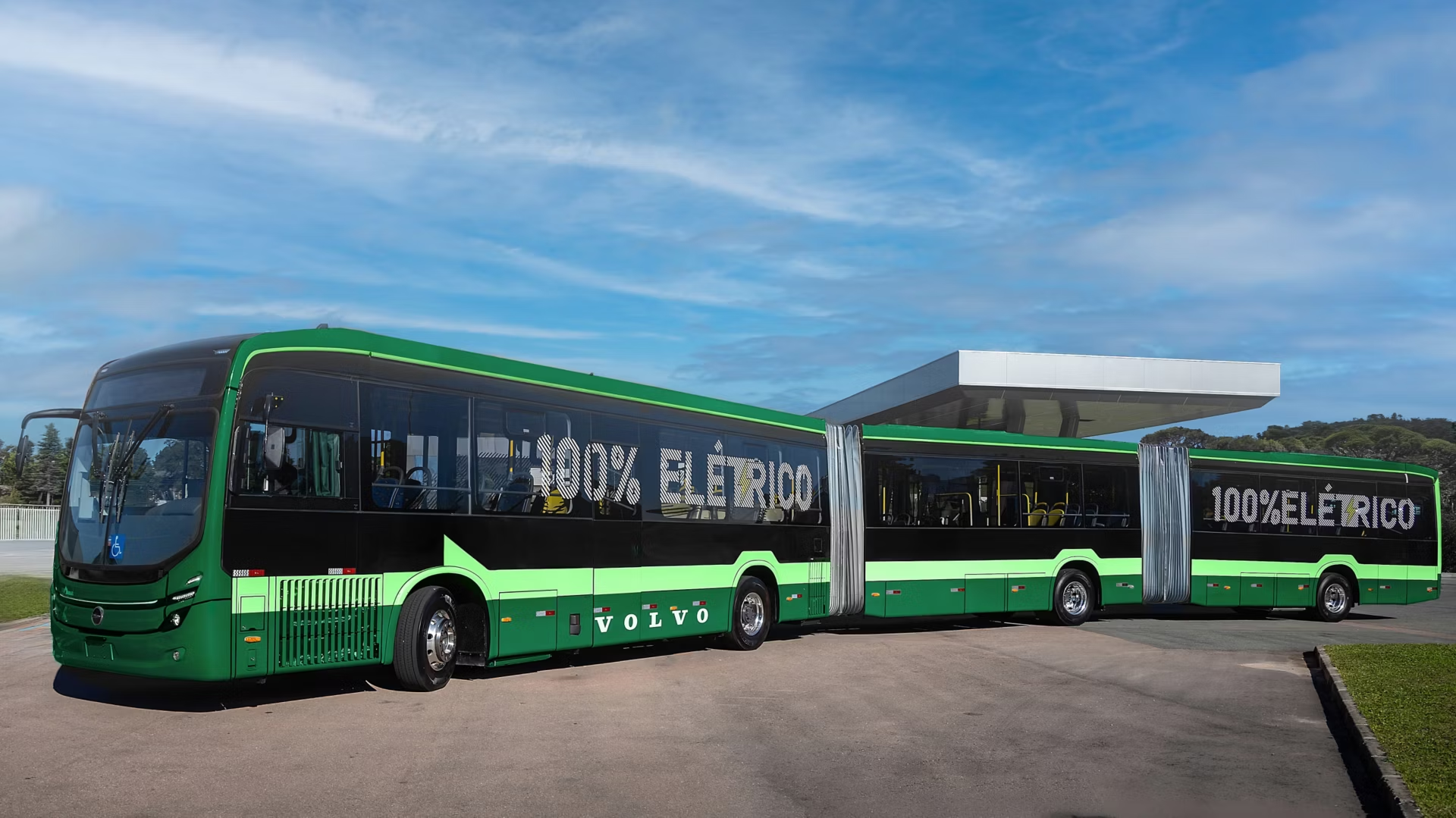
Brazilian city of Goiânia will be handed over the first Volvo electric bi-articulated bus based on chassis BZRT. As a result of a deal between Volvo Buses and GreenMob Capital, an investment company of the HP Group, specialized in structuring capital-intensive projects associated with the urban mobility sector, a fleet of 21 vehicles will be operating in Goiânia.
The order consists of 21 Volvo BZRT buses: 16 articulated and 5 bi-articulated models. They will operate on the East-West BRT line of the Metropolitan Collective Transport Network of Goiânia.
The first batched produced in Curitiba
The vehicles are part of the first batch of electric articulated and bi-articulated chassis produced at Volvo’s industrial complex in Curitiba, Brazil. A move announced in May 2025.
Making a few steps back, in March this year, Volvo had launched the first electric articulated and bi-articulated bus manufactured in Mexico (where also the European coach range 9700 will be manufactured from 2026): the Volvo 7800 electric bus is built on the BZR platform, launched in March 2024, and headed to BRT system in the country.
The buses will serve the BRT system in Greater Goiânia, which currently transports around 12 million passengers monthly and is expected to reach 17 million. The network includes the East-West and North-South corridors, covering a total of 50 km with over 50 stations and connections to Trindade, Goianira, and Senador Canedo.
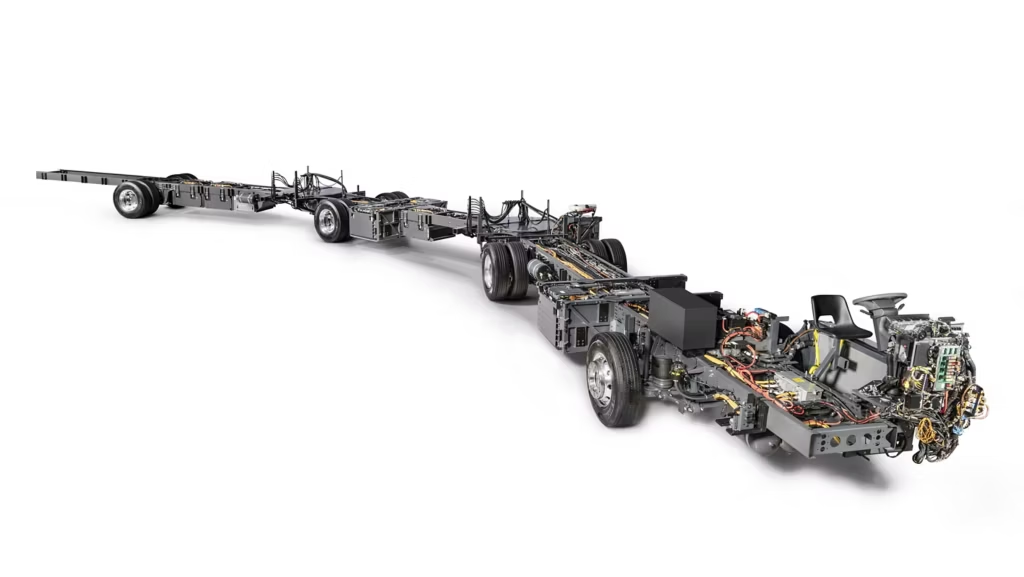
As the manufacturer explains, the deal was closed by Suécia Veículos, a dealership representing Volvo in parts of the Central-West and Southeast regions. The sale also received support from Volvo Financial Services, that provided credit backing for the acquisition of the chassis.
The bi-articulated bus can carry up to 250 passengers, while the articulated version accommodates 180. All buses have dual-side doors, air conditioning, and operate within a unified, accessible fare system, Volvo Buses states.
The group adds that the “Volvo BZRT comes equipped with Volvo Buses’ state-of-the-art active safety systems, designed to protect both passengers and other road users. Cameras improve driver visibility, while front and side sensors monitor blind spots to help safeguard pedestrians, cyclists, and surrounding traffic. The vehicle also features traffic sign recognition”.
“It is with great satisfaction that we announce this important sale for one of the main BRT-systems in Brazil. The city of Goiânia takes a major step toward decarbonizing public transport by adopting high-tech electric buses with exceptional safety features,” says André Marques, President at Volvo Buses Latin America.
Gustavo Bacellar de Faria, CEO of GreenMob Capital, comments: “We are bringing the most advanced vehicle technology available globally to Goiânia— combining efficiency, comfort, and safety. The arrival of the electric Volvo BZRTs strengthens our commitment to driving the development of innovative and sustainable urban mobility solutions, creating tangible value for both cities and our clients”.
“The new Volvo buses are scheduled for delivery in 2025. Goiânia will become the first city in the world to operate a fleet of fully electric Volvo bi-articulated buses in regular service — achieving zero emissions. At 28 meters long, they will also be the largest electric vehicles in daily operation globally,” says Paulo Arabian, Head of Sales at Volvo Buses in Brazil.


